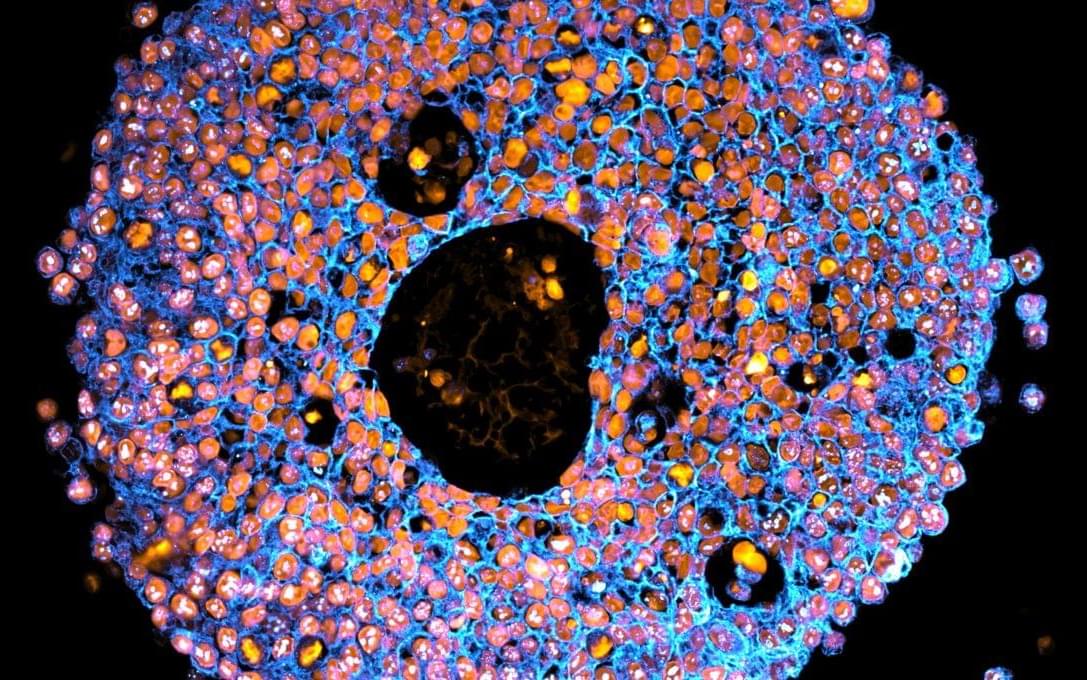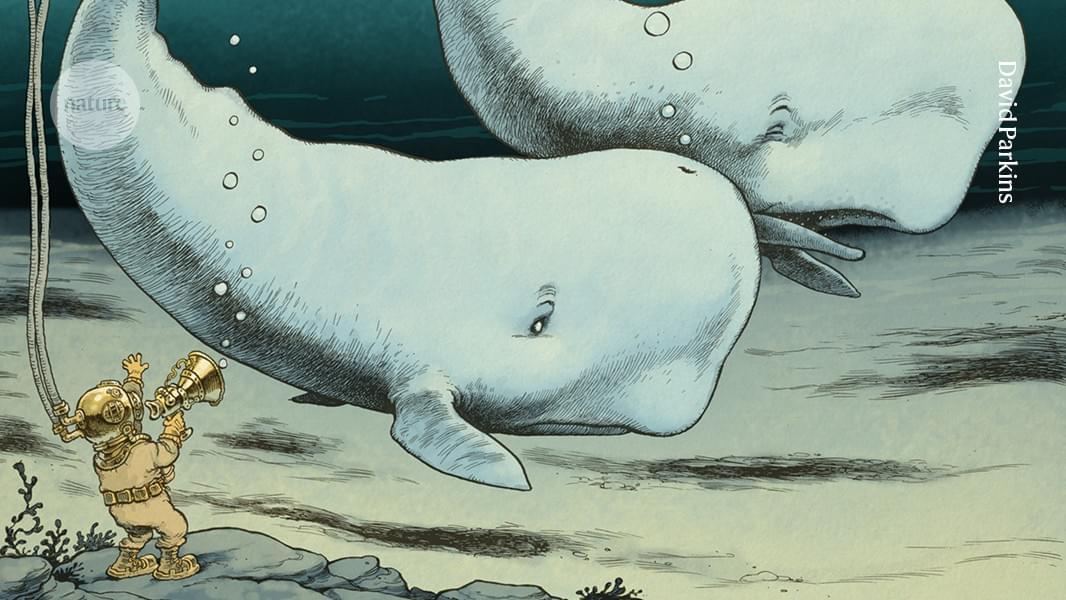A ‘spherical’ AI model finds hidden themes in large collections of headlines and other short texts.
From tweets and chat messages to headlines and status updates, short bursts of text are everywhere. These snippets may be brief, but they are packed with the potential to reveal anything from emerging trends to business decisions or circulating misinformation.
While AI is becoming increasingly adept at extracting meaning from long-form text, it still struggles with these bite-sized ones.







